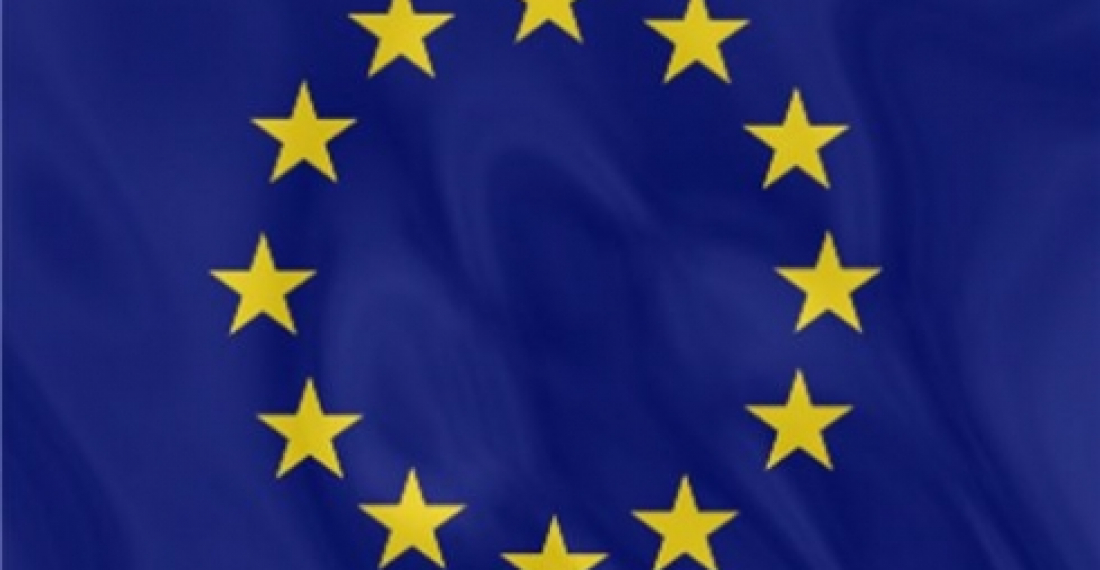On 18 April European Parliament adopted two resolutions about the talks with Armenia and Azerbaijan on Association agreement. MEPs approved the EU-Azerbaijan resolution with - 520 votes in favour, 32 against and 24 abstentions and the EU-Armenia one with 508 in favour, 29 against and 27 abstentions.
As official website of the European Parliament reported, the association agreements that the EU is negotiating with Armenia and Azerbaijan should make the region safer, both by promoting a peaceful settlement of the Nagorno-Karabakh conflict and by making EU support conditional upon their human rights performance and democratic reforms. On these, both countries still have a long way to go, MEPs say in resolutions adopted Wednesday.
Parliament's resolutions make recommendations to the Council and the Commission on lines to take when negotiating association agreements with Armenia and Azerbaijan. MEPs approved the EU-Azerbaijan resolution with - 520 votes in favour, 32 against and 24 abstentions and the EU-Armenia one with 508 in favour, 29 against and 27 abstentions.
The resolutions praise Armenia's reform ambitions and energy cooperation to date with Azerbaijan, but also warn against human
rights breaches, in connection the 2012 Eurovision song contest in Baku, Azerbaijan and the 6 May parliamentary elections in Armenia.
As for the Nagorno-Karabakh conflict, MEPs call on both countries to do more to resolve the Nagorno-Karabakh conflict. The resolutions condemn the region's militarisation and high military expenditure and call on EU Member States to stop supplying weapons and munitions to both countries.
Parliament also calls on the leaders of Armenia and Azerbaijan to tone down the language of their statements to pave the way for a genuine dialogue.
European Parliament calls on EU Member States to stop supplying weapons and munitions to Armenia and Azerbaijan
European Parliament calls on EU Member States to stop supplying weapons and munitions to Armenia and Azerbaijan







